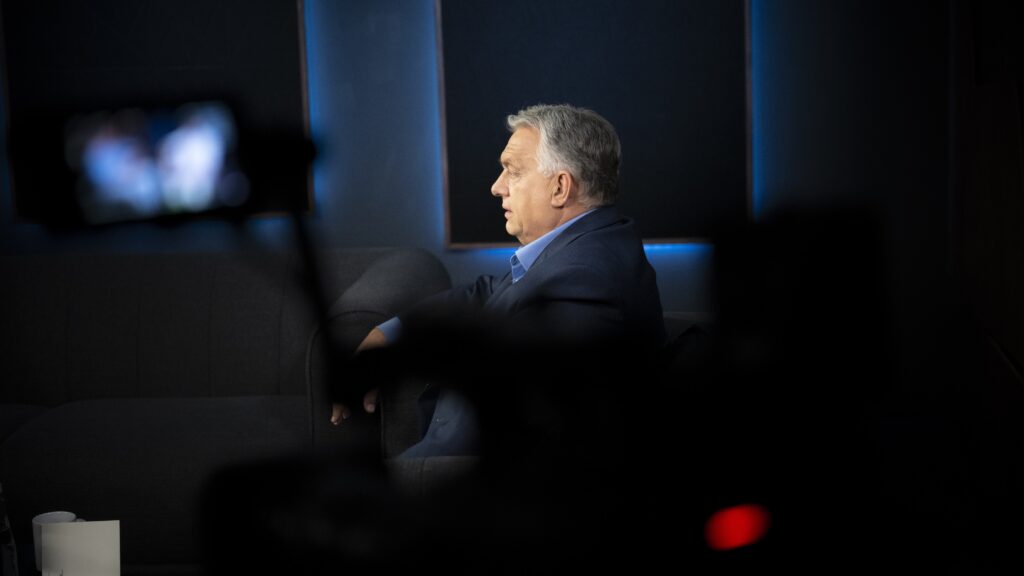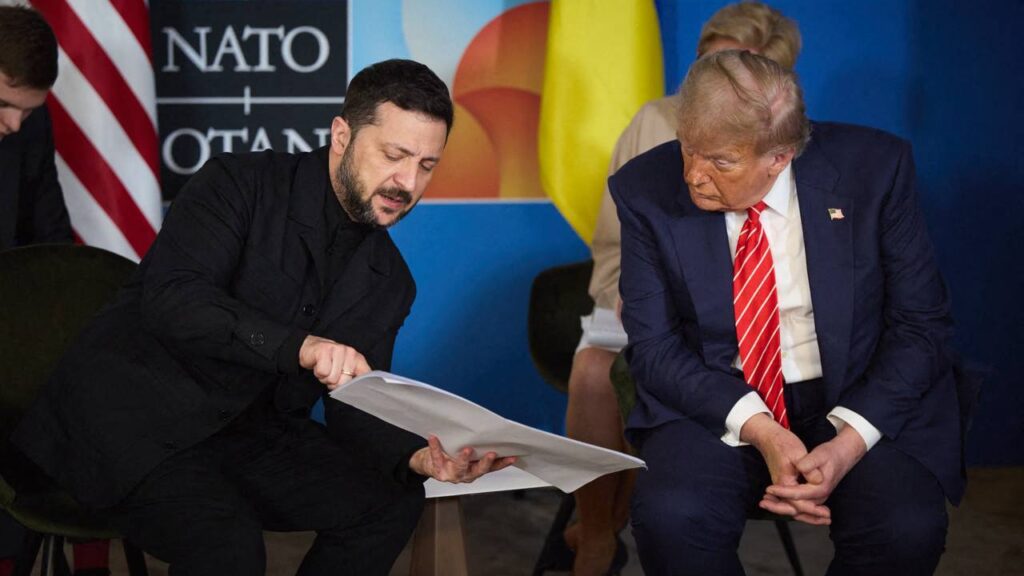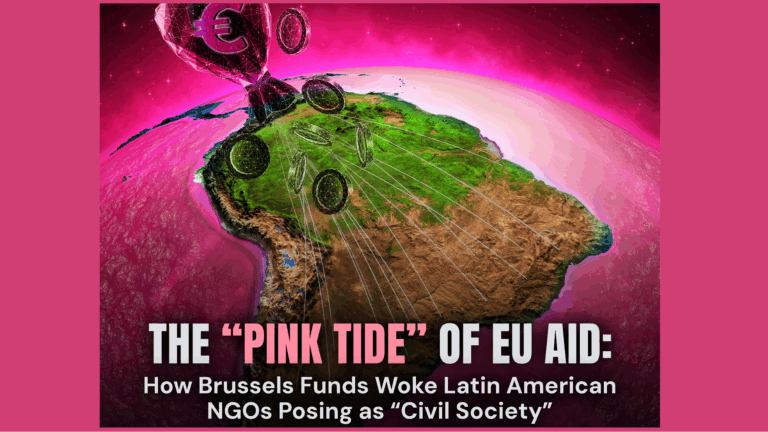While the EU is bent on imposing sanctions on necessities like fossil fuel transportation, Belgium has successfully pressured the EU into removing the Russian diamond mining powerhouse off its sanctions list.
24 Carats Over 24 Degrees
The step implies that the diamond trade is more significant to the EU than winter energy supply. By early morning last Wednesday, the nation had succeeded in convincing the European Union to forgo adding one of Russia’s biggest diamond mining firms to its list of sanctioned parties while still calling for a ban on Russian energy carriers. Due to the fact that Alrosa has directly funded a new Russian military submarine and also contributed billions of Euros annually to the Kremlin’s war chest, the EU had planned to include the diamond trade in its sanctions package. It appears, however, that Belgium wishes to continue making sizable payments to Moscow in exchange for Russian diamonds.
According to EUObserver, 29 people and seven legal entities have been added to the sanctions list. The Antwerp Diamond Centre’s diplomats and lobbyists warned that the sanctions would cost many people their jobs, but the Belgian Foreign Ministry declined to comment on the sudden turn of events. They refrained from reminding that the sanctions had resulted in the loss of tens of thousands of jobs.
Sanctions and U-Turns
The Antwerp Diamond Centre lobbyists and Belgian diplomats had previously warned that a boycott of Russian diamond exports would result in the loss of thousands of jobs in the city, which is home to the largest diamond exchange in the world. The Belgian foreign ministry declined to comment on the Alrosa U-turn. The Baltic nations, Ireland, and Poland, which initially supported a comprehensive diamond ban, then a non-industrial diamond ban, and finally the Alrosa listing, before backing down, are considered to be the losers in the controversy as a result of the Brussels bureaucrats’ change of heart.
The new sanctions on Russia entered into force last Thursday. Russian ideologist Alexander Dugin was blacklisted, a price ceiling set on Russian oil exports, trade actions were initiated against Russia’s steel and forestry sectors that might cost up to seven billion Euros. The new measures came after Putin’s most severe escalatory moves since the invasion in February: the annexation four regions of eastern Ukraine and threats to use nuclear weapons against anybody who attacked Russia. Josep Borrell, the EU’s top diplomat, and President of the European Commission Ursula von der Leyen told MEPs in Brussels on Wednesday that the sanctions will eventually help put an end to the war.
When the conflict first started, Volodomyr Zelensky, the president of Ukraine, personally requested that Belgium prohibit Russian diamonds from entering Antwerp. However, the EU’s U-turn is hardly the only instance in which member states chose to protect domestic jobs over taking more aggressive action against Russia’s military economy and status symbols. Malta, for instance, obtained a longer phase-out period on the Russia oil price cap in a recent agreement. Another example is that of some Russian steel products were exempted from import restrictions for up to two years in Belgium and Italy.
The Ultimate Effect
Ultimately, the fact that Belgium still allows Russian diamond imports means that they are more invested in supplying those living a life of luxury with rare precious stones than in letting people heat their homes in the winter. To put it simply: the EU is willing to cap gas imports in order to cripple the Russians’ economy, but they are still paying large amounts of money for their diamonds. Even though the revenue generated from the diamond industry of Russia is less than what they make on energy, it is still a significant amount that feeds into their war chest. The Hungarian government has firmly stood up against sanctions on Russian gas along with some of the neighbouring countries. As many experts stated, the sanctions are starting to hurt European countries more than they hurt the Russian economy. But this is a consideration those who prefer 24 carats over 24 degrees in winter are not making.







